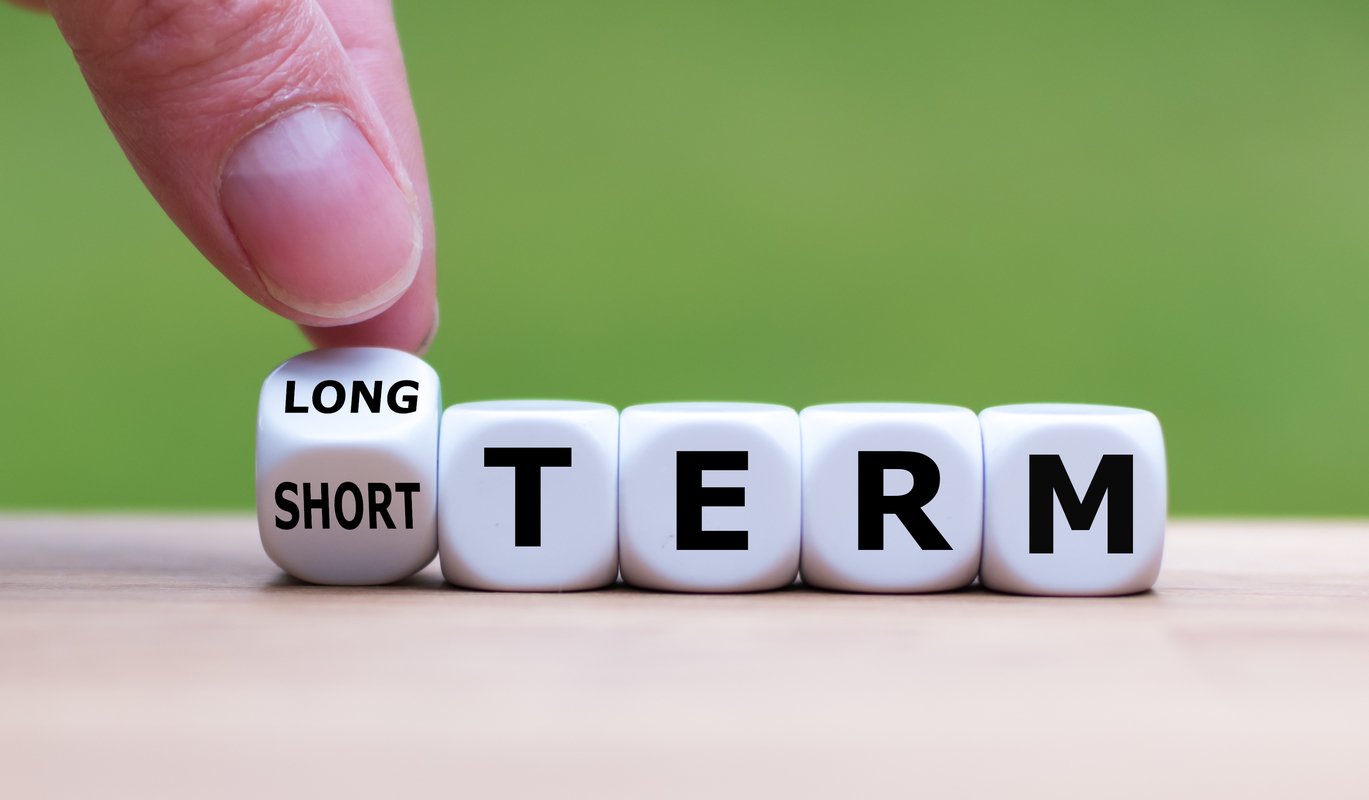You don't have to look back too far to find a time when Biogen (BIIB +4.90%) and Bristol-Myers Squibb (BMY +3.13%) claimed very similar market caps. That was the case in the spring of 2015. Since then, though, the two drugmakers' paths have diverged dramatically.
There are legitimate reasons why investors would want to consider buying Biogen and Bristol-Myers Squibb right now. But which of these two stocks is the better pick? Here's how Biogen and BMS stack up against each other.

Image source: Getty Images.
The case for Biogen
I can think of three top reasons to potentially buy Biogen stock. Let's start with the best story for the biotech right now: Spinraza. Sales for the spinal muscular atrophy (SMA) drug continue to soar, jumping 16% year over year in the fourth quarter of 2019 to $543 million.
Worries that Novartis' SMA gene therapy Zolgensma might seriously hurt Spinraza have largely subsided. International markets present an opportunity for sustained sales growth for Spinraza.
Until recently, we probably couldn't have included Biogen's multiple sclerosis (MS) franchise as a strong reason to consider the stock. The biotech's MS sales haven't given investors anything to get excited about. However, Biogen scored an important victory earlier this month. The U.S. Patent and Trademark Office's Patent Trial and Appeal Board (PTAB) ruled against Mylan's challenge to Biogen's key patent for MS drug Tecfidera.
Tecfidera is, by far, Biogen's biggest-selling drug. The PTAB ruling means that Tecfidera likely won't have generic competition until 2028. That's great news for Biogen because it should now be able to count on sustained revenue from its blockbuster MS drug.
But probably the most important reason to think about investing in Biogen is the biotech's pipeline. After a near-death experience for experimental Alzheimer's disease drug aducanumab, Biogen shocked the biopharmaceutical world in October by announcing that it planned to file for FDA approval of the drug based on new clinical data. It's definitely not a slam dunk that aducanumab will win FDA approval. If it does, though, Biogen will almost certainly have another future blockbuster in its lineup.
Biogen does have other pipeline candidates, notably including BIIB067, which targets a rare form of amyotrophic lateral sclerosis (ALS), and ischemic stroke drug BIIB093. However, it's aducanumab that stands out as Biogen's lottery ticket that could pay off in a huge way.
The case for Bristol-Myers Squibb
Since we looked at the top three reasons to consider buying Biogen, let's use the same approach with Bristol-Myers Squibb. With BMS, though, I can't point to only one drug or one franchise as I did with Biogen. The first reason that I think BMS stock is worthy of consideration is the company's entire current lineup.
Market researcher EvaluatePharma crunched some numbers last year to predict the world's biggest blockbusters of 2024. Two of BMS' drugs made the top five: blood thinner Eliquis and cancer immunotherapy Opdivo. We can also add arthritis drug Orencia and multiple myeloma drug Empliciti to the list of winners in BMS' lineup.
And thanks to the company's recent acquisition of Celgene, BMS has even more riches. Blood cancer drug Revlimid ranks as one of the most successful drugs on the market. Celgene's multiple myeloma drug Pomalyst and solid tumor drug Abraxane are also making immediate contributions to BMS' growth.
However, I think the pipeline that Celgene brought to the table is the second top reason to invest in BMS. The drugmaker could have several potential blockbusters destined for FDA approval within the next year or two, including MS drug ozanimod (which also has potential in treating Crohn's disease and ulcerative colitis) and cancer cell therapies liso-cel and ide-cel.
BMS already had plenty of pipeline programs of its own even before the Celgene acquisition. The most promising of these focus on Opdivo and Yervoy in treating additional types of cancer.
There's also a key reason to buy BMS that Biogen can't claim: a great dividend. I view BMS as one of the more attractive dividend stocks on the market right now, with its dividend yielding 2.7%. My expectation is that the company will be able to boost its dividend payout significantly over the next few years as its current products and pipeline deliver robust earnings growth.
Better buy
Biogen could easily be a bigger winner than Bristol-Myers Squibb if aducanumab wins FDA approval. However, the risk is high that the Alzheimer's disease drug could fail to secure that approval. Without aducanumab, Biogen isn't nearly as attractive.
BMS' eggs are spread across multiple baskets. One pipeline setback wouldn't be devastating. And I think that the late-stage programs that BMS picked up with the Celgene buyout have pretty good prospects of winning regulatory approval and becoming commercial successes.
For income investors, Bristol-Myers Squibb is without question the better pick since Biogen doesn't offer a dividend. Even for growth investors, though, I think that BMS gets the nod because its growth potential comes with a lower risk level. If you want a stock that should deliver solid total returns and allow you to sleep peacefully at night, my view is to go with Bristol-Myers Squibb.







